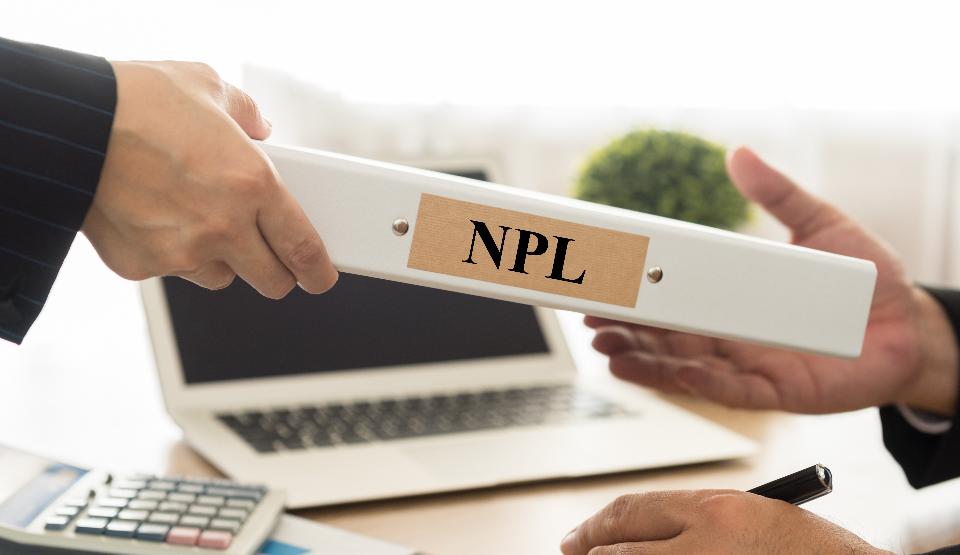Foreign investors are interested in taking on some of Turkey’s $47 billion in problem loans and are in talks with asset management companies and banks, said the head of major asset manager Gelecek Varlik.
Chief Executive Sezin Unludogan told Reuters the renewed interest was spurred mostly by a regulation at the end of last year that opened the market to outsiders, and was helped by the recent turmoil in emerging market peer Russia.
Turkey’s banks hold some 700 billion lira ($47.5 billion) in watchlist and non-performing loans (NPLs). The bad debt problem has simmered for three years as efforts to address it, such as shifting them into a fund or asset management company, failed.
A new law implemented by the Capital Markets Board late last year opened the door for foreigners to invest in NPLs, Unludogan said.
“A couple of deals and investments could be done this year,” he said, adding foreigners are particularly interested in troubled loans worth $20 million or more.
Turkish banks currently have some 535 billion lira “stage 2” loans, which are in arrears, and another 160 billion lira in NPLs. Some 50-75 billion lira of stage 2 loans would become NPLs this year, Unludogan said.
When the COVID-19 pandemic hit in 2020, the bank regulator relaxed loan classification rules, which slowed the rise in NPLs and helped businesses struggling with cash flow. But that classification grace period ended in September.
Turkey’s NPL ratio was 3.02% at the end of February, down from 5.36% at the end of 2019, due to the forbearance measure and also to a spike in cheap credit.
Reuters
